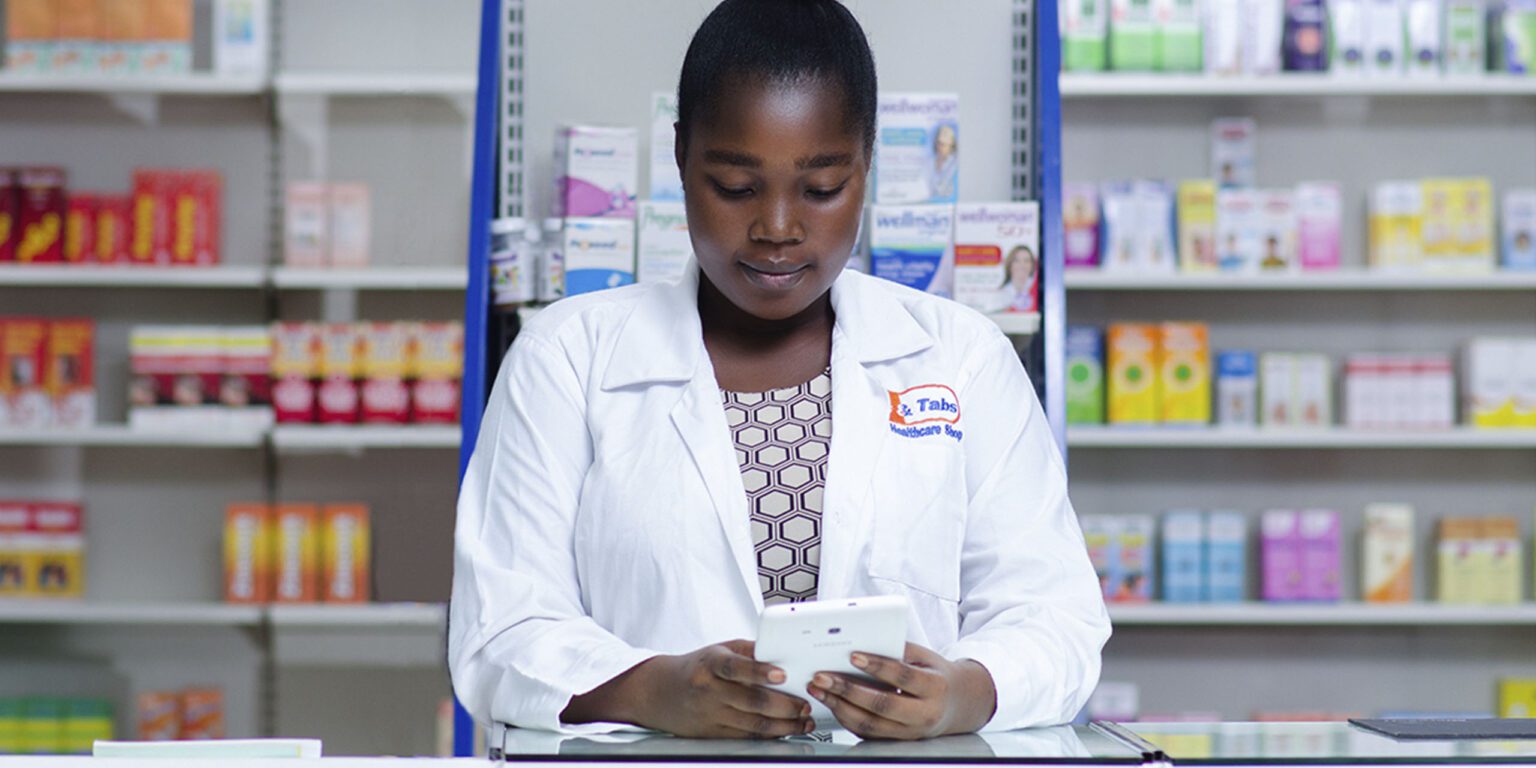Global Courant 2023-05-02 12:00:24
Africa has an estimated 1.4 billion inhabitants, making it the second largest continent in the world. With the youngest population at present, the continent is expected to be the future of the global workforce for decades to come. Unfortunately, Africa lacks a good healthcare system. While the region contributes more than 24% of the global burden of disease, it has access to only 3% of health workers and less than 1% of global financial resources.
Several challenges hamper the African healthcare sector. They include shortage of health workers due to brain drain, lack of health care funding, careless government, poor maintenance of health facilities, poor services, proliferation of counterfeit drugs, etc. Over the years, these problems have led to a dysfunctional and unreliable health care sector , increasing the risk of disease spread and deaths on the continent.
That has forced many Africans to take up medical tourism abroad, causing a loss of income for the African medical ecosystem. Last year, the Federal Government of Nigeria disclosed that Nigerians spend between $1.2 and $1.6 billion annually on medical tourism. As these trends continue in many African countries, African innovators are seizing the opportunity and using technology to solve some of these problems. Here is a list of unique tech solutions that are revolutionizing African healthcare:
MedicHub (Kenya)
MedicHub is a healthtech product that manages the schedules of shift workers and permanent employees in medical facilities by automating schedules, tracking overtime, and generating timesheets for compensation. It’s a product of Chiza Health, a Kenyan startup that uses technology to demystify complex healthcare puzzles for medics, facilities and patients. Chiza provides a connected health ecosystem through efficient facility operations, while also providing patients with better access to healthcare.
O7 Therapy (Egypt)
O7 therapy is a science-based digital platform that is revolutionizing access to mental health services through the online platform and mobile app that offers online therapy. Based in Egypt, one of Africa’s Arabic speaking regions, 07 Therapy offers access to top Arabic speaking psychiatrists and certified therapists, a referral network of specialist clinics and regional hospitals to support people suffering from depression, anxiety, addiction and all common issues. It offers various therapy sessions including art therapy, drama therapy, couples therapy, stress management, sex therapy, etc.
DrugStoc (Nigeria)
DrugStoc is a secure and interactive purchasing platform (online/offline) that gives healthcare providers – pharmaceutical manufacturers, hospitals, pharmacies, clinics and physicians – access to safe and high-quality pharmaceutical products through the consolidated supply chain system. Gradually, the startup is ending the circulation of counterfeit and substandard medication in Nigeria by connecting real drug manufacturers with health care providers.
Chekker (Nigeria)
Checker is a digital lab test ordering platform that helps patients complete medical tests in the best private labs, collecting samples from the comfort of their home and sending digital results within 24 to 48 hours. Chekker reduces the waiting time and hassle experienced by patients in hospitals or private laboratories when undergoing a test. Once a person books a test, Chekker’s medical team collects the samples and sends them to laboratories. Then the lab results are checked and interpreted by medical professionals before being sent to patients within 24 – 72 hours.
DabaDoc (Morocco)
Daba Doc is one of the first online medical appointment management platforms in Africa. It was founded in 2014 to simplify the process of finding doctors. While it gives patients a better experience booking appointments, it also allows doctors to better manage their appointments. The Morocco-based startup has helped more than 8 million patients and has more than 10,000 registered healthcare professionals. It has its footprints in other North African countries such as Tunisia and Algeria.
EMR/HMIS from Helium Health (Nigeria)
Helium Health’s Electronic Medical Record/Health Management Information System (EMR/HMIS) is a comprehensive, intuitive, easy-to-use electronic health record software that automates and improves medical processes for healthcare stakeholders in emerging markets. It is Africa’s largest provider of full-service technology solutions that have helped advance universal health coverage.
helium healtha Nigeria-based health tech startup, this uses EMR/HMIS alongside products such as TeleClinic, HeliumCredit, etc., to improve global health efficiency and outcomes through data and technology.
Mutti (Ghana)
Mutti is an online pharmacy that provides access to quality and affordable medicines and healthcare in Africa. It allows users to pay for drugs in installments while earning rewards.
Mutti is a product of mPharma, a Ghanaian pharmacy start-up with a mission to improve access to and affordability of healthcare for all Africans. The startup manages the inventory of prescription drugs for pharmacies and their suppliers. It also provides market information to hospitals, pharmacies and patients.
ManageAm App (Nigeria)
The ManageAm app is a unique diabetes self-management, awareness, empowerment and engagement platform to help users achieve their short and long term health goals. This app empowers users to understand diabetes, manage type 2 diabetes and adopt a healthy lifestyle so that they can make informed decisions about their health.
The ManageAm app is a product of the Self-Healthcare Empowerment Initiative (SHEI), a Nigeria-based initiative. The non-profit organization raises awareness about diabetes and gives people with diabetes the right knowledge.
HPV self-sampling kit (Nigeria)
HPV self-sampling kit is a self-sampling kit for detecting the Human Papillomavirus (HPV) that causes cervical cancer. This test kit is a product of Health trackaa digital health platform that makes medical diagnostics accessible and affordable with home lab tests and digital results. After the samples are collected, usually in the morning, users are expected to follow the instructions in the kit to immediately notify Healthtracka to collect the samples.








